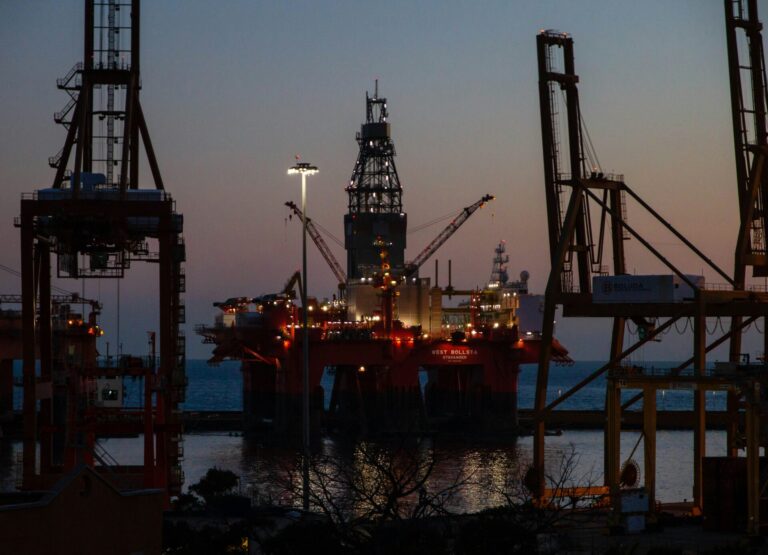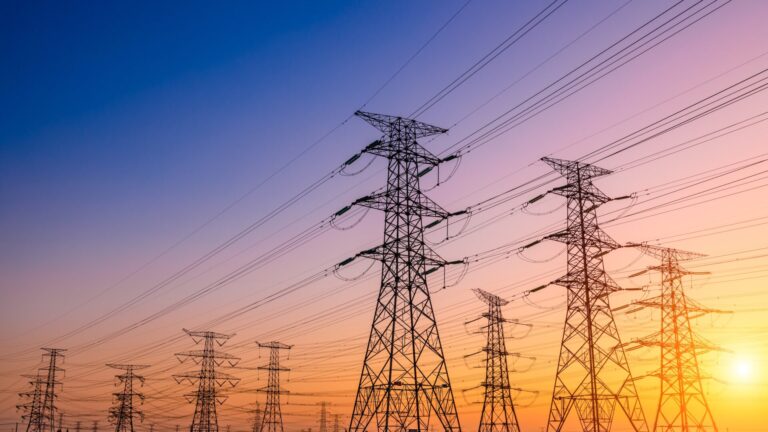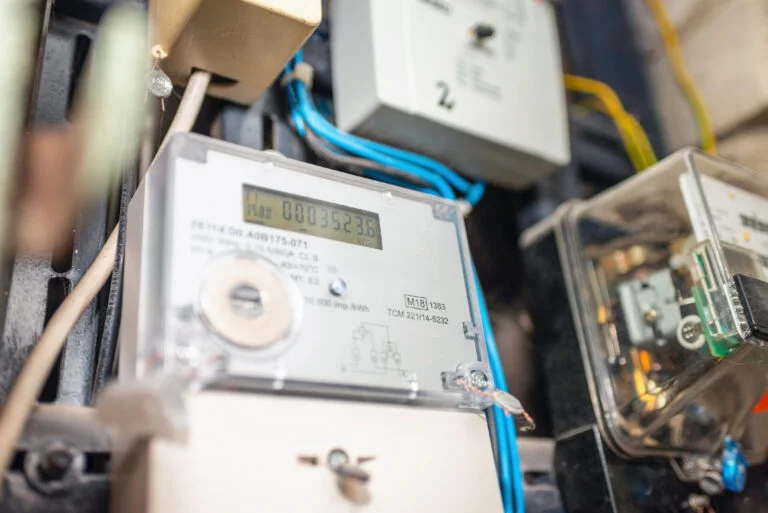Investment Shortfalls
Between 2011 and 2020, EU member states allocated an average of 5.8% of their Gross Domestic Product (GDP) to decarbonising energy supply, transportation, and enhancing energy efficiency. To meet the 2030 targets, this investment needs to increase to 7.7% of GDP from 2021 to 2030. However, the conclusion of the NextGenerationEU funds, which were introduced post-pandemic, coupled with stringent fiscal policies, has limited the financial resources available for green initiatives.

Political Resistance
The path to achieving climate goals is further complicated by rising populist scepticism and the complex balance between decarbonisation, competitiveness, and security. Political resistance in some member states hampers the implementation of necessary policies, slowing the transition to sustainable energy and infrastructure.
- Energy: The EU has set a binding renewable energy target of at least 42.5% by 2030. Achieving this requires accelerated adoption of renewable sources and substantial investments in energy infrastructure.
- Transportation: Decarbonising transport systems is essential, involving the promotion of electric vehicles, development of charging infrastructure, and enhancement of public transportation networks.
- Industry: Industries must adopt cleaner technologies and improve energy efficiency to reduce emissions, necessitating innovation and investment.
Consequences of Inaction
Without urgent action, the EU risks not only missing its 2030 climate goals but also jeopardising its commitment to climate neutrality by 2050. This could lead to increased environmental degradation and potential economic penalties. For instance, Ireland faces fines of at least €5 billion by the end of the decade for failing to meet EU emission targets.
The EU's Journey Towards Net-Zero
The EU’s journey toward its 2030 climate targets is at a pivotal crossroads, with significant challenges demanding urgent and innovative solutions. The risks of inaction extend beyond environmental degradation. Economically, failing to meet targets could result in hefty penalties, reduced competitiveness in green industries, and long-term dependency on fossil fuels. Socially, it could undermine public trust in governments’ ability to address the climate crisis effectively.
While the obstacles of underfunding, political resistance, and sector-specific barriers are substantial, they are not insurmountable. A unified approach that balances the priorities of economic growth, security, and sustainability is essential. This requires not only an increase in investment and policy reform but also a cultural shift toward greater public engagement and awareness.
The EU has historically been a global leader in climate action, setting ambitious goals and influencing international policy. This leadership must now be demonstrated through tangible progress. By fostering collaboration among member states, leveraging technological innovation, and promoting international partnerships, the EU can navigate these challenges and emerge stronger.
The urgency cannot be overstated. The decisions made in the coming years will define the EU’s legacy in combating climate change and securing a sustainable future. The 2030 targets are more than just milestones; they represent a commitment to future generations and the health of our planet. For the EU, the time to act decisively is now.






